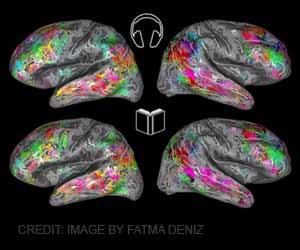Consumers are told that playing brain games will make them smarter, more alert, and able to learn faster and better.

TOP INSIGHT
It would be really nice if playing some games had some ability to radically change our cognitive abilities.
Training tools enhanced performance on the tasks that they tested, which makes sense: Spend enough time matching coloured cards or memorising strings of letters, and you’ll start to get really good at matching colours and memorising letters. But there is “little evidence that training enhances performance on distantly related tasks or that training improves everyday cognitive performance,” the authors write.
Brain-training programmes have been controversial for years. Starting in the mid-2000s, a number of experiments suggested that astonishing cognitive improvements could be induced by simple training-game interventions.
One of the most high-profile studies, published in the Proceedings of the National Academy of Sciences in 2008, found that about four weeks of brain training dramatically improved young adults’ ability to solve problems they had never encountered before. The big claim was that the technique could produce “vertical transfer” of cognitive skills – in other words, playing games would boost the brain’s ability to do more sophisticated tasks.
Source-Medindia
 MEDINDIA
MEDINDIA




 Email
Email










